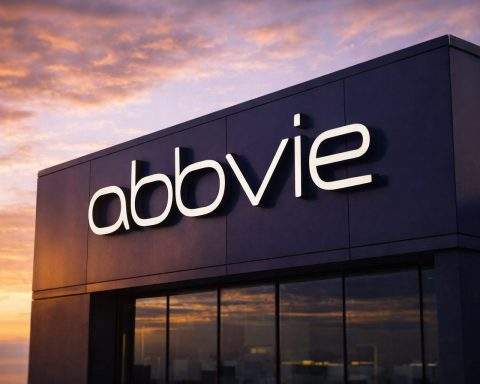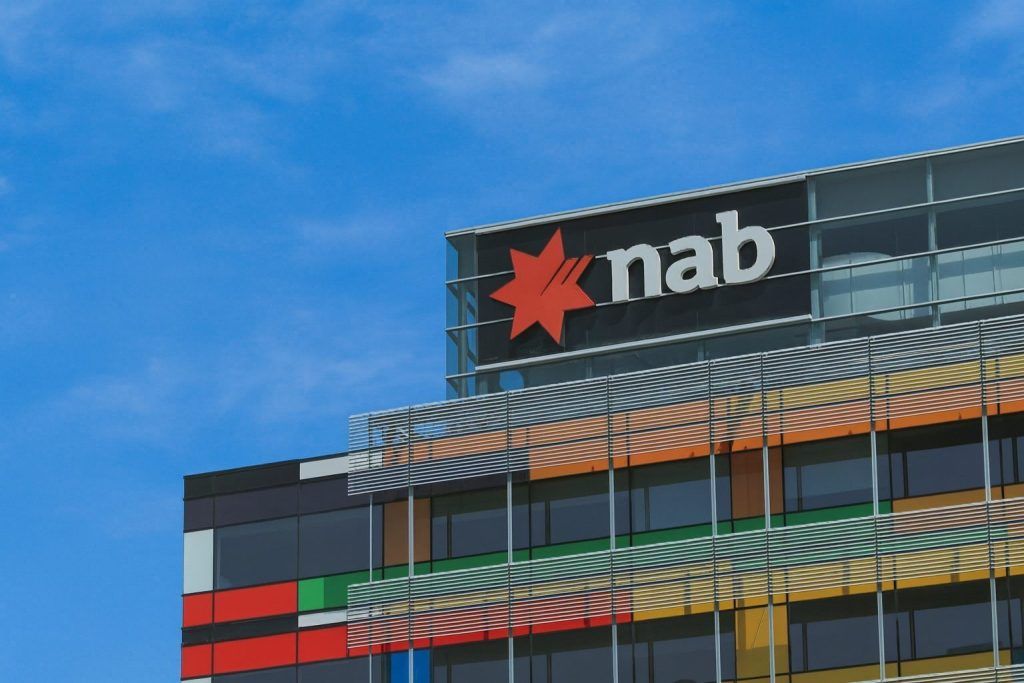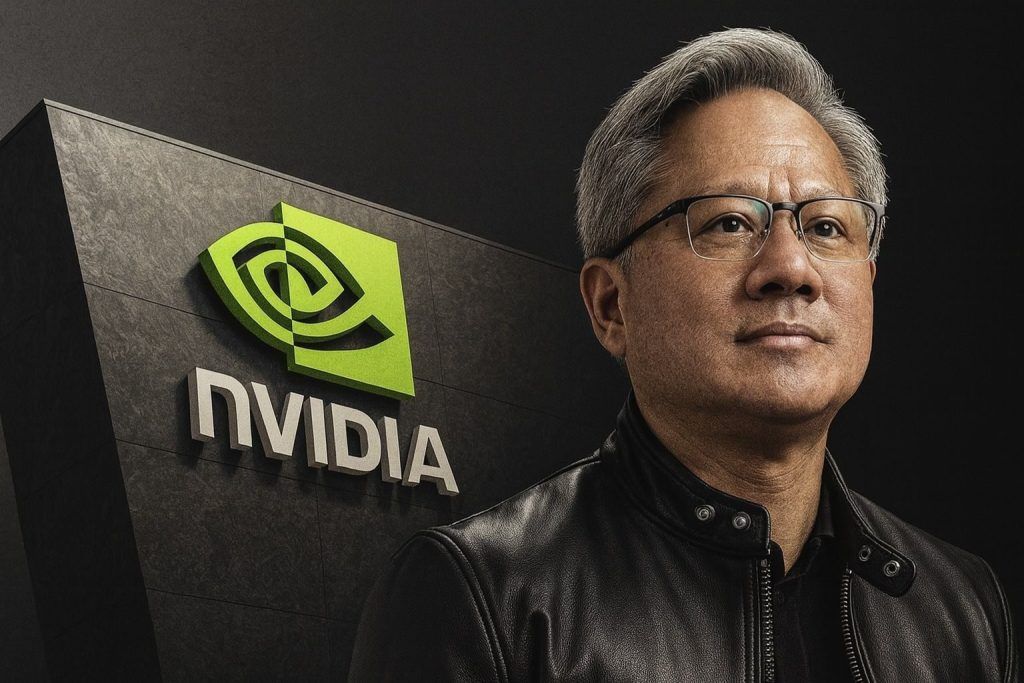San Francisco — November 26, 2025 — AI commerce startup Onton has raised $7.5 million in seed funding to expand its AI-powered shopping platform beyond furniture into categories like apparel and consumer electronics, as competition to own AI-driven product discovery intensifies across retail.1
A $7.5 Million Bet on Reinventing How We Shop
Onton’s new round is a seed raise of $7.5 million, led by venture firm Footwork, with participation from Liquid 2, Parable Ventures, 43 and other investors. The company says the funding brings its total capital raised to roughly $10 million and will be used to expand its product, scale its team and grow its global footprint.1
Unlike many AI startups focused on content generation, Onton is targeting one of the most lucrative (and messy) corners of the internet: shopping. The platform positions itself as a search and discovery engine that sits above traditional e‑commerce sites and marketplaces, helping users cut through noise, conflicting reviews and SEO gaming to find products they actually trust.1
Fixing a 79‑Day Shopping Journey
Onton’s pitch starts with a blunt diagnosis of online shopping today. As the company puts it, “Shopping has quietly become one of the hardest problems on the internet.” It argues that people now spend weeks bouncing between tabs, digging through “over‑SEO’d” listings and reviews that blur the line between real opinions and marketing copy.1
Internally, Onton measures the problem with a striking number: the average shopping journey for a considered purchase now stretches to about 79 days. Its mission is to collapse that into less than a single day by handling the research, comparison and confidence‑building work that humans currently do manually.1
CEO and co‑founder Zach Hudson sums up the ambition in one line: “We are building the future of decision making online.”1
Neurosymbolic AI: Onton’s Answer to Messy Commerce Data
Under the hood, Onton isn’t relying on a chat interface plus a generic large language model (LLM) and hoping for the best. Instead, it’s built on what Hudson and the team describe as “neurosymbolic” AI — a hybrid architecture that combines machine‑learning models with explicit rules and knowledge graphs.2
In practice, that means Onton doesn’t just guess at product matches based on text similarity. It tries to reason about attributes and real‑world context:
- If a user asks for pet‑friendly furniture, Onton can infer that certain fabrics (like polyester) are more stain‑ and scratch‑resistant and should be ranked higher.
- If the same product is called slightly different things on different retailers’ sites, Onton’s models attempt to reconcile that into a single, coherent listing.
- The system is designed to be less prone to “hallucinations” than pure LLM‑based shopping agents, which can invent specs or misunderstand categories.
Tech and business outlets covering the round note that this neurosymbolic approach is central to Onton’s claim that it can deliver more logical, trustworthy search results than chat‑only assistants and conventional keyword search.2
From Furniture First to Apparel and Electronics
Onton initially carved out a niche as an AI‑powered furniture and home‑decor shopping platform, previously operating under the name Deft before rebranding earlier this year. The company says it changed its name to reduce confusion and secure a stronger, more memorable domain, a common pain point for consumer startups.2
With the new funding, Onton plans to move beyond furniture into apparel and, later, consumer electronics. Apparel is the immediate frontier — including more specialized sub‑categories like underwear — with electronics to follow once Onton is confident its data pipeline and attribute understanding can handle more complex specs and compatibility issues.2
This expansion is strategic: furniture shopping is high‑intent but relatively infrequent. Apparel and electronics, by contrast, pull shoppers back far more often, giving Onton the chance to become a default destination for ongoing purchase decisions rather than a one‑off project for a living‑room makeover.
How Onton Works for Shoppers
Onton aims to feel less like a search box and more like a decision‑making companion. Across the sources covering today’s announcement, several common product ideas stand out:1
- Multimodal search
Users can search with natural language, images, or a combination of both. That includes uploading photos of rooms, inspiration shots or product images. Onton then finds items that match the look, constraints and context. - Unified product listings
Instead of forcing shoppers to click across a dozen retailers, Onton aggregates data from across the web into a single listing: specs, reviews, images and pricing. The idea is that you research once, not repeatedly on every new tab. - Generative “imagination” tools
Onton offers creative tools like Imagine and Surfaces, plus an “infinite canvas” where users can lay out generated images, real photos of their space and products Onton suggests. The canvas becomes a live mood board: tweak the prompt, swap a piece, and see new shoppable layouts update in place. - Guided decisions, not just recommendations
The platform is built to answer questions that sound more like conversations with a friend or an interior designer: “I have two big dogs, a blue rug and a small budget — what sofa won’t look destroyed in six months?” Onton’s system is meant to reason through those constraints rather than just return a list of vaguely similar sofas.
These surfaces are meant to differentiate Onton from chat‑only product bots, which can struggle when users don’t know the right words to describe the style, material or constraints they care about most.2
Traction: 2M+ Users and 3–5x Conversion
For a young startup, Onton is already posting attention‑grabbing numbers. According to the company and multiple outlets:2
- The platform has grown from around 50,000 monthly active users to more than 2 million in under two years.
- Onton claims conversion rates roughly three times higher than typical e‑commerce benchmarks, with some reports citing 3–5x improvements.
- Over 20% of users return weekly, and “power users” conduct more than 100 searches and generations per month.
On the team side, Onton has scaled from just three or four full‑time employees in 2023 to around 10 today, with plans to hire up to 15 people, primarily engineers and researchers, off the back of this funding round.1
For investors, these metrics are a signal that shoppers are willing to hand off more of the painful research work to AI— as long as they feel they can trust the results.
Founders and Origin Story
Onton was co‑founded by Zach Hudson and Alex Gunnarson, who approached the same pain point from different directions. Gunnarson reportedly spent more than 30 hours hunting for a single mid‑century gray couch that met his requirements, only to realize most friends had similar horror stories. Hudson, meanwhile, had been building a product called Rcmmd, focused on trust in online reviews and recommendations.3
The pair met at a YC Startup School event, joined forces, and began iterating on early product prototypes. Along the way, they won the Pioneer startup tournament, joined an On Deck fellowship, and steadily ramped usage while keeping the team unusually lean.3
It’s a founder story tailor‑made for AI commerce: lived frustration, a trust problem, and a willingness to ignore existing search UX patterns rather than simply layering an LLM on top of them.
AI Shopping Arms Race: The Competitive Landscape
Onton isn’t operating in a vacuum. Major tech companies and startups alike are racing to own AI‑driven product discovery:
- OpenAI, Google and Amazon are pouring resources into AI assistants that can research entire categories, compare items and suggest what to buy.
- Startups such as Perplexity, Daydream and Cherry are building their own AI‑native shopping experiences, from researched Q&A flows to fashion‑focused discovery engines.2
Where Onton tries to stand out is in how deeply its system reasons about product attributes and real‑world constraints, and in the visual, canvas‑driven UX it layers on top. If traditional e‑commerce is a wall of thumbnails and filters, Onton is pitching itself as a design studio plus research assistant plus shopping cart in one place.
At the same time, this is very much a direct challenge to the discovery layers of today’s retail giants. If more shoppers start their journey in neutral AI search engines like Onton, the balance of power in online retail could shift away from whichever marketplace happens to control the first search result.
Why This Matters Now: AI and the Holiday Shopping Season
Onton’s raise lands just as the 2025 holiday shopping season enters full swing — a period analysts expect to be heavily influenced by AI. PYMNTS, citing research from Bank of America Securities, notes that ChatGPT alone could handle around 20 billion shopping‑related messages this year, underscoring how deeply AI agents have entered everyday buying decisions.4
The same analysis points out that last year’s holiday season saw global retail sales reach roughly $1.2 trillion, with around $282 billion in the United States, while AI chatbot and agent engagement surged by over 40%. But there’s a catch: the tools that make discovery and checkout nearly instantaneous also increase exposure to fraud, chargebacks and trust issues.4
In that context, Onton’s emphasis on trustworthy, logically grounded search rather than pure conversation is more than just a technical choice — it’s a competitive positioning. As AI agents “collapse” the path from discovery to purchase into a few curated recommendations, whichever system earns user trust effectively becomes a gatekeeper for commerce.
Opportunities and Open Questions
If Onton executes on its roadmap, several big opportunities emerge:
- Becoming a neutral “front door” to shopping
By aggregating products from many retailers and focusing on decision quality, Onton could become the place where shoppers start every high‑stakes purchase — especially in categories like furniture, fashion and electronics where style, fit and long‑term use matter. - Helping brands stand out on merit, not ads
If its neurosymbolic AI truly prioritizes relevance and fit over bidding wars and aggressive SEO, Onton could be attractive to brands that want to win on product quality and differentiation rather than simply outspending rivals. - Turning shopping data into a decision graph
As users search, compare and ultimately buy, Onton is quietly building a rich graph of preferences, trade‑offs and product performance. That dataset, if handled responsibly, could power ever more precise recommendations and new tools for both consumers and merchants.
But there are also important questions that Onton — and the broader AI commerce ecosystem — will need to answer:
- Business model & neutrality
Will Onton lean on affiliate fees, ads, retailer partnerships or some mix of all three? And can it avoid the trap of letting monetization quietly distort what’s shown to shoppers? - Bias, fairness and availability
AI systems trained on messy product data can easily over‑favor certain brands, price points or aesthetics. Ensuring that recommendations stay diverse, fair and globally relevant will be an ongoing challenge. - Regulation and transparency
As regulators look harder at AI and online marketplaces, Onton may need to clearly explain how its ranking and reasoning work — especially if its decisions materially influence which merchants win or lose traffic.
How Today’s Coverage Frames Onton’s Rise
Today’s funding announcement has been picked up widely across the tech and startup press. TechCrunch emphasizes Onton’s rapid user growth, move beyond furniture and its neurosymbolic architecture. AI‑focused publications like StartupHub.ai and enterprise‑tech outlets such as IT Brief highlight its attempt to compress the 79‑day shopping cycle and build a global decision‑making engine for any product category.2
Financial and startup news aggregators, including Yahoo Finance and others, echo the core story: an AI shopping platform, formerly known as Deft, raising $7.5 million to expand beyond furniture at a time when AI‑powered commerce tools are moving from novelty to necessity.5
Taken together, the coverage paints Onton as one of the more focused, product‑obsessed entrants in the AI shopping wave — still small compared to retail giants, but increasingly hard to ignore in the race to define how we all decide what to buy next.






